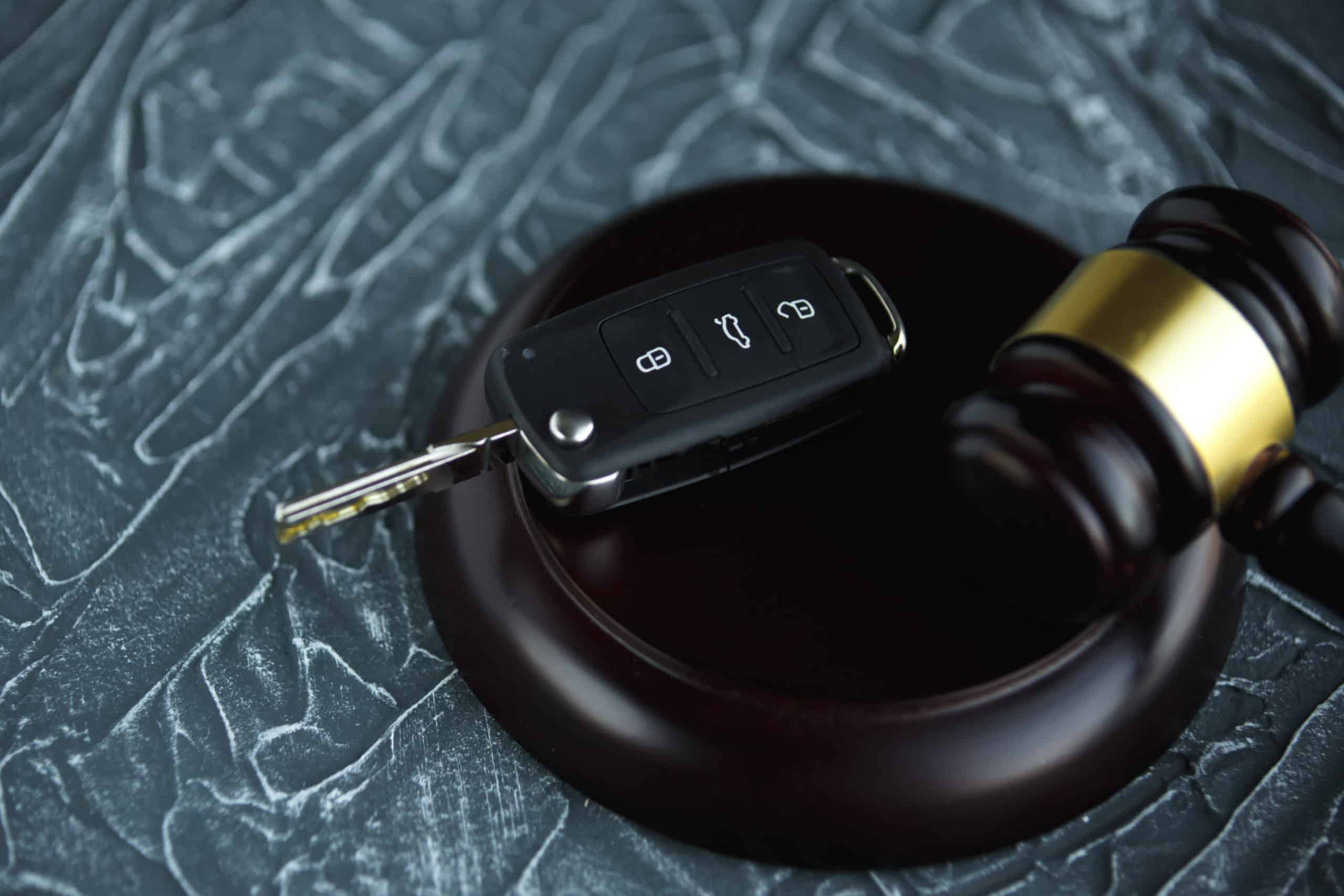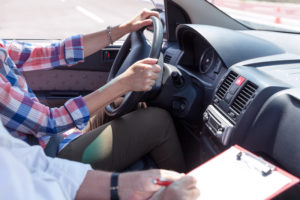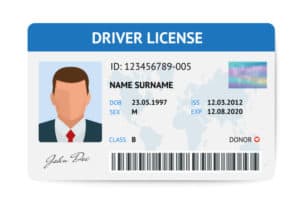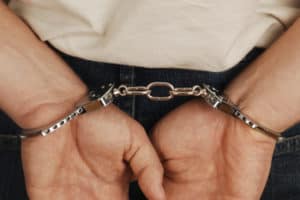
If you got charged with one of the many possible DWI or alcohol-related offenses in Lancaster, working with a Lancaster, TX DWI lawyer may be your best option to minimize or avoid long-term negative consequences. Once you get a conviction of a DWI or related charge, there is little that anyone can do to prevent fallout to your freedom, finances, reputation, education, and career.
You can call the Law Offices of Randall B. Isenberg today at (214) 696-9253 to get started. Our firm’s founder has more than 30 years of experience and is a former prosecutor and state district judge.
Types of DWI and Alcohol-Related Vehicle Offenses
Being under the influence of drugs or alcohol while operating a motor vehicle can result in many different criminal charges in Texas. Sometimes, you can get charged with multiple offenses arising out of one incident. Here are some examples of DWI and alcohol-related matters that we handle on behalf of our clients:
- ALR suspended license: according to the Texas Department of Public Safety, Texas automatically imposes license suspensions for driving while intoxicated (DWI) arrests, even for first offenses. You only have 15 days from your arrest to seek an Administrative License Revocation (ALR) hearing. We can ask for an occupational driver’s license if they suspend your license, or request that you keep your license. These hearings provide us a sneak peek at the state’s evidence against you.
- Boating while intoxicated. You do not have to be on dry land to get arrested for an alcohol offense. If you operate a boat or other watercraft while intoxicated, you could get arrested or face criminal charges per Chapter 49 of the Texas Penal Code. You can face jail time or incarceration, fines, losing your boating privileges and driver’s license, and may need to pay money damages if you injured someone or damaged their property.
- Breathalyzer and blood test defense: we have strategies to challenge the results of blood tests and breathalyzers that measure your blood alcohol concentration (BAC). Our forensic experts can evaluate how the blood got drawn, stored, and analyzed. Breathalyzers can give inaccurate readings because of medication and special diets. A poorly maintained machine or inadequately trained operator may also provide a false positive.
- Commercial DWI: a commercial DWI case involves different rules than standard drunk driving charges. According to Chapter 522 of the Texas Transportation Code, a driver of a commercial vehicle, like a tractor-trailer, has a limit of 0.04 BAC instead of the 0.08 limit for someone driving a car.
- DMV hearing: a DMV hearing, also called an administrative license revocation (ALR) hearing, is not directly connected to the criminal case for drunk driving. The Department of Public Safety (DPS), not the DMV, actually handles the hearings, suspensions, and revocations. An administrative law judge (ALJ) will hear the evidence against you and our defense, and decide whether to suspend your license and for how long. Sometimes, we can file an appeal of the ALJ’s decision.
- DWI: you can get charged with a DWI in Lancaster if your breath or blood sample says that your blood alcohol concentration (BAC) exceeded the legal limit, or you refused to take a breathalyzer or blood test. Either way, a DWI conviction can cause irreparable harm to your career, financial well-being, and freedom. Depending on the facts of your situation, we might take your case to trial or try to negotiate a plea deal.
- DWI involving an accident, wreck, or injury: if you cause an accident while driving drunk, you could go to prison for the rest of your life, depending on the facts of your case. Chapter 49 of the Texas Penal Code contains the laws about DWI offenses. That chapter provides more severe penalties for DWIs that involve collisions, damaged property, personal injuries, or death, on top of the typical DWI repercussions.
- DWI marijuana: you can get a DWI even if you did not consume a single beer, but you took drugs that impacted your ability to operate a motor vehicle safely. Marijuana and other drug-related DWIs receive the very same penalties under Texas law as the alcohol-related driving offenses. You could go to jail for up to 6 months for a Class B misdemeanor, or up to 99 years in prison for a first-degree felony, per Chapter 12 of the Texas Penal Code.
- DWI reduction: sometimes, it is in the client’s interests to seek a plea deal that involves a reduction of the DWI charges to a lesser offense. We might negotiate to reduce the DWI to general reckless driving. If your charge is a felony DWI, we might try for a reduction to a misdemeanor. For cases involving a BAC of 0.15 or higher, we might try to get the BAC score lowered below 0.15.
- Felony DWI: a standard DWI can get converted into a felony DWI if the incident is not your first drunk driving offense. Other factors that can result in a felony DWI include having a child under the age of 15 in the car at the time of the alleged offense or causing an accident with serious bodily injury or death because of driving while intoxicated.
- First-offense DWI: some people assume that they do not need to fight a DWI charge if it is their first offense, but DWI convictions in Texas can hang over your head for many years. Your driver’s license can get suspended for a long time. A first-offense DWI conviction comes with potential jail time and massive fines.
- Intoxication assault: if you cause a collision because of drunk or drugged driving and someone else suffers serious bodily injury, you can get charged with intoxication assault. If convicted, you will have to spend at least 2 years and up to 10 years in jail. Your fines can be $10,000 for each person you injure.
- Intoxication manslaughter: if someone died because you drove drunk or under the influence of drugs, you could face intoxication manslaughter criminal charges. If convicted of this second-degree felony, your license will get suspended for between 180 days and 2 years. You can get fined up to $10,000 per injured person, and go to jail for between 2 and 20 years.
- Second-offense DWI: every subsequent DWI charge after the first offense carries substantially harsher penalties.
- Under 21 DUI. Texas has zero-tolerance for alcohol consumption by drivers who are under the legal drinking age, which is 21. A BAC of 0.01 can result in a DUI charge. Only an underage driver can get a DUI charge. Everyone age 21 and older charged with drunk driving will face DWI, not DUI charges.
- Underage DWI: it is possible for a driver under the age of 21 to receive a DWI instead of a DUI. The arresting officer generally has the discretion to charge either a DUI or DWI for drivers under the age of 21.
If your DWI charge is not on this list, do not worry. Please call the Law Offices of Randall B. Isenberg today at (214) 696-9253 to find out if a Lancaster, TX DWI lawyer may be able to help you.
A DWI conviction can ruin your life for a long time. The best approach is to fight the charges as early in the process as possible. With a strong defense, it is possible to get charges reduced or dismissed. Sometimes a plea deal is your best option. A Lancaster, TX DWI lawyer at the Law Offices of Randall B. Isenberg may be able to help you protect your future. You can call us today at (214) 696-9253.










